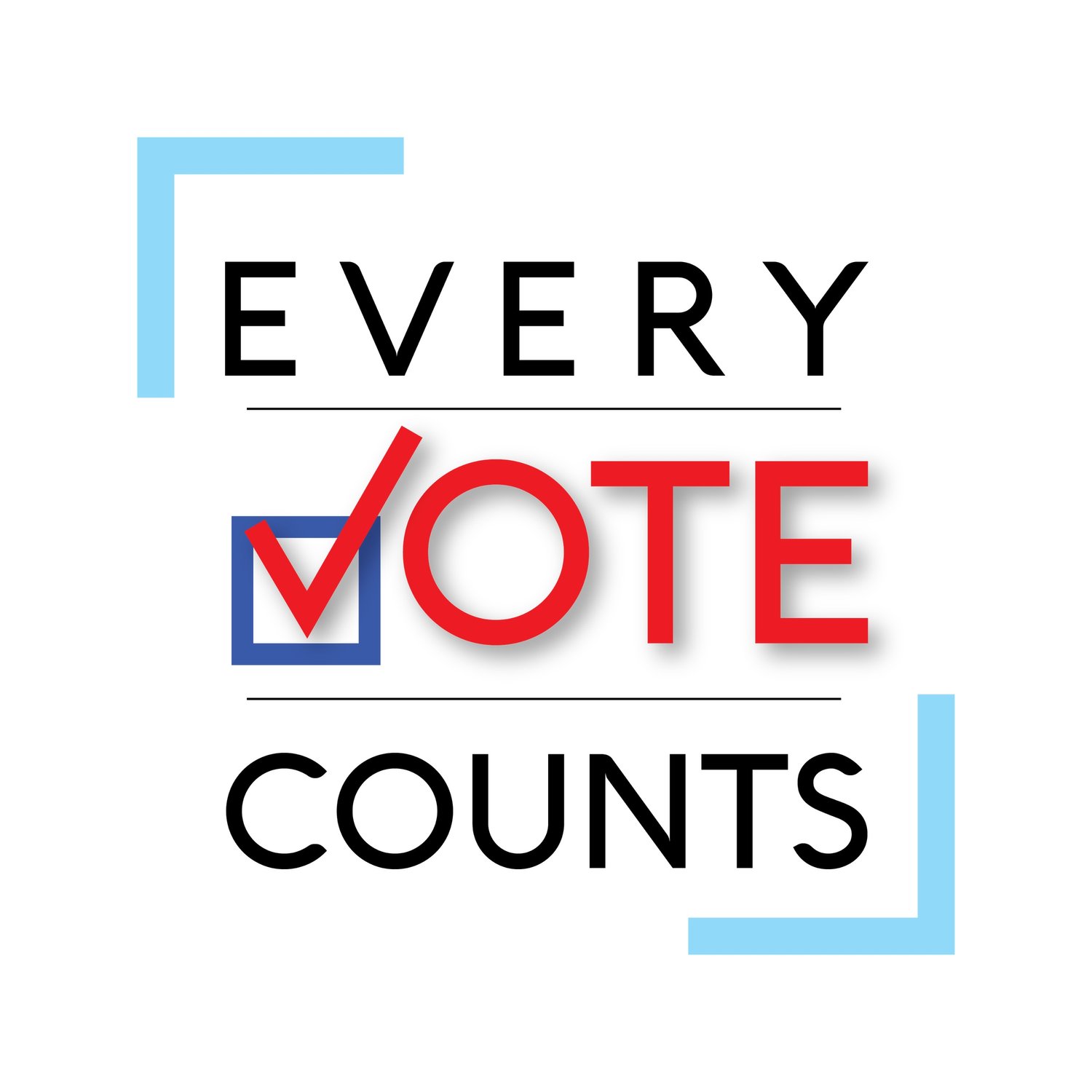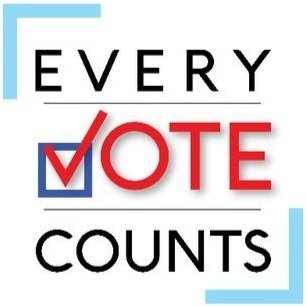Partisanship And Vote By Mail
By politicizing voting by mail, certain critics have done the nation a disservice by undermining people’s trust in the voting process. Especially in light of the current pandemic, our civil servants and elected representatives must find ways to maintain the integrity of voting by mail in order to ensure fair – and trusted – elections.
By Warren Klein
Under the backdrop of a threatening pandemic, voting by mail has come to the forefront of American politics as it could provide people access to a ballot without the threat of physical virus exposure. But now, politicians on both sides of the aisle have expressed differing opinions on what they believe to be the true impact of absentee voting on turnout. With claims of high fraud rates, politicians have shifted the narrative surrounding voting by mail and have negated its primary purpose of expanding the United States electorate.
Due to the inherent risk of fraud, all states have taken extensive measures to ensure ballot security. Every voter who casts an absentee ballot is required to provide some form of I.D. verification, whether it be the last four digits of a social security number or a certified signature that exists in states’ voter databases. Additionally, there are intelligent barcodes on all absentee ballot envelopes that function in a variety of ways. They eliminate duplicate ballots and provide voter identification, while also ensuring that ballots are not compromised or subject to fraud by allowing for ballot tracking through the U.S Postal Service. States have also instituted harsh penalties for voter fraud to serve as a deterrent to potential fraudsters. Such security measures have caused the rate absentee ballot fraud to remain at approximately .0000001% over the past two decades. According to a study done in the Voting Rights Project, from 2000 to 2012 there were only 491 cases of fraud, practically all of which would not have been prevented by a required photo I.D. at polling sites.
However, recently, President Trump, along with many members of the Republican party, including RNC chairwoman Ronna McDaniel, have argued that voting by mail undermines U.S. democracy. Among all modes of voting, voting by mail does in fact have the highest rate of fraud on a relative basis. However, absentee ballot fraud volume is small enough that even if all fraudulent ballots from 2000 to 2012 were counted to support solely Donald Trump or Hillary Clinton in the 2016 election, one of the most contested elections in United States history, no state would have flipped its electoral votes. While critics’ comments that voting by mail increases the risk of voter fraud are technically true, it is important to note that the increase is insignificant as it relates to election outcomes, and that the overall process does not inherently benefit Democrats or Republicans.
For example, in Florida, where no excuse is needed for an absentee ballot, both Democrats and Republicans alike have benefitted from voting by mail. If anything, Republicans have made use of absentee ballots more effectively in Florida than Democrats, as seen in the 2016 and 2018 elections. In 2016, 28% of voters voted by mail in Florida; 31% of voters voted by mail there in 2018. In both elections, Democrats requested more absentee ballots. However, Republicans had a higher percentage of their ballots accepted and therefore a higher quantity of ballots counted than Democrats. As one Republican campaign veteran stated, “absentee ballots are typically Republicans’ friends in Florida.” Additionally, according to an analysis done by political scientist Charles Stewart at MIT, in the 2020 primary, which had occurred right before the statewide shelter in place, Republicans voted by mail at a much higher percentage than Democrats, with 57% of all Republican votes tallied by mail compared to 41% of Democrats’.
President Trump’s recent negative opinion of voting by mail does not seem to be rooted in facts and instead appears to stem from his belief that the electoral outcome of the 2020 Wisconsin Primary will repeat itself in subsequent elections that utilize voting by mail.
In the 2020 Wisconsin primary, Democrats benefited more from voting by mail than their Republican counterparts. Liberal Wisconsin supreme court candidate, Jill Karofsky, performed ten percentage points better than her conservative opponent in votes cast by absentee ballot than votes cast at polls on election day. Such a result prompted Trump to say that mail ballots are fraudulent and part of an unfair, partisan system. He has failed to recognize and understand that Karofsky’s win is an anomaly in terms of one party benefiting disproportionately from voting by mail. In fact, the Wisconsin local GOP chairman, Rohn Bishop, expressed his belief that with sufficient voter education and party mobilization Wisconsin can use voting by mail to help Trump win in 2020 when he said “There is no evidence that mail in voting will lead to massive fraud and abuse. In fact, we might be able to use it to help offset the Democrats’ early voting advantages.” In Wisconsin’s 2016 and 2018 elections, there had been no correlation between voting by mail and a partisan advantage. Additionally, Washington Republican Secretary of State, Kim Whyman, who has overseen Washington state’s voting by mail, said “voting by mail is secure and trustworthy.”
However, despite evidence that voting by mail helps both parties, Republicans have been more skeptical of the process. It appears that Trump’s comments have further driven a wedge into this perception gap. A poll done on April 27th by Associated Press News and the Norc Center for Public Affairs Research found that 46% of Republicans want a no excuse policy in the 2020 election vs. 73% of Democrats. Unfortunately, a process designed to promote voter participation through ease of use and to help more people have a voice has been twisted into a political issue.
By politicizing voting by mail, certain critics have done the nation a disservice by undermining people’s trust in the voting process. Especially in light of the current pandemic, our civil servants and elected representatives must find ways to maintain the integrity of voting by mail in order to ensure fair – and trusted – elections. In a nation where only 55% of eligible voters participate in national elections, this practice should be celebrated as a way to encourage more to participate in the political process. Voting by mail has no constraints for which party it supports. It is a process that can help ensure that more Americans have a voice in elections and should be treated as such.

